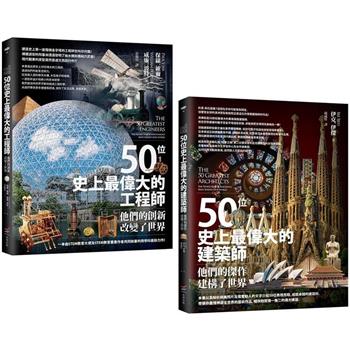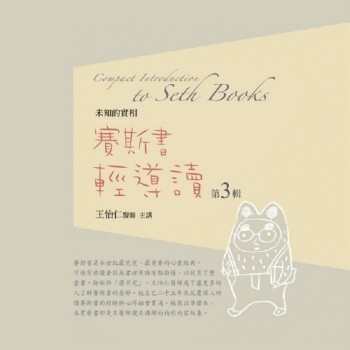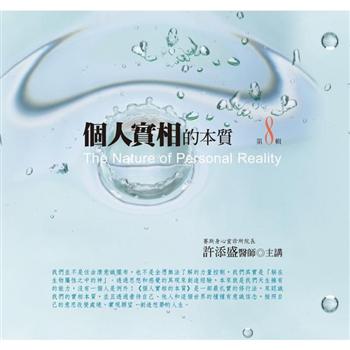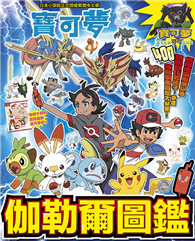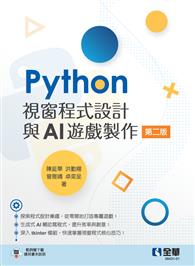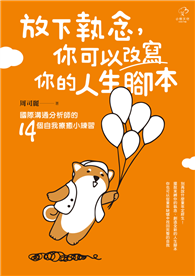Perhaps the most interesting political poetry to emerge out of the last generation of Polish poets to come of age during Communism is the work of Bronislaw Maj-not because it explicitly references the historical trauma of 1980s Poland during and after the period of Martial Law, but because Maj’s poetry addresses the integrity of the poetic gaze itself. In these poems, Maj both celebrates his beloved city of Kraków as well as mourns its ongoing physical and spiritual deterioration, all the while grappling with the vulnerability of past and present lives-and how we are always at the mercy of whatever future might be "reading" our fragile stories. Fittingly, decades later, the lyrical and philosophical power of these poems stirringly remain. These poems are now gathered together in Extinction of the Holy City to share with American readers the elegiac but also redemptive harvest of this writer.
What People Are Saying
"At long last, we have Bronislaw Maj’s words to cherish in English, to read quietly and aloud. Maj’s poems shine in Daniel Bourne’s exquisite translation." -Piotr Florczyk, Winner of the 2017 Harold Morton Landon Translation Award
"Bronislaw Maj’s Extinction of the Holy City, in Daniel Bourne’s adept translation, offers the luminous moments that make up a life. By turns ecstatic, conflicted, or mournful, Maj’s first-person speaker tunes into the self, his adopted city of Kraków, or the seasons again and again. It’s a secular meditation, an agnostic book of hours-the perfect antidote to our world of distraction." -Karen Kovacik, poet and translator, including Agnieszka Kuciak’s Distant Lands: An Anthology of Poets Who Don’t Exist
"I’m in awe of Maj’s superb observations, and I’m grateful to Daniel Bourne for capturing them in English. These two poets remind us that ’we live in the frailest of eons, ’ but that our earth is ’surrounded by the warm cloud of human breath.’" -Derek Mong, author of The Identity Thief
"The stark grittiness of these poems hits one as if punch-pressed onto the page. Judiciously translated by Daniel Bourne-an American poet who experienced firsthand the rise of the Solidarity Movement, the trauma of Martial Law, and the final collapse of communism-these poems certainly recorded the country’s peril with brilliance." -Leonard Kress, poet and translator of Adam Mickiewicz’s epic poem Pan Tadeusz
"Bourne, himself a poet who never flinches, never forgets our participation in the mysteries of iniquity, voices Maj in fear, trepidation, admiration, and deepest brotherhood for us all." -William Heyen, author of the National Book Award Finalist Shoah Train and Nature: Selected & New Poems 1970-2020.
Bronislaw Maj is the author of numerous books of poetry in Polish, including Wspólne powietrze (The Same Air), Album rodzinny (Family Album)-also published under the title of Zaglada świętego miasta (Extinction of the Holy City )-and Zmęczenie (Weariness). He has won major literary awards, including the PEN Club Award for poetic achievement in 1995.
Daniel Bourne has published three books of poetry (The Household Gods, Where No One Spoke the Language, and Talking Back to the Exterminator). A Fulbright fellow to Poland from 1985 to 1987, his translations of Maj and others have appeared in Field, Salmagundi, Seneca Review, Colorado Review, Partisan Review, Prairie Schooner, Plume, and other journals.

